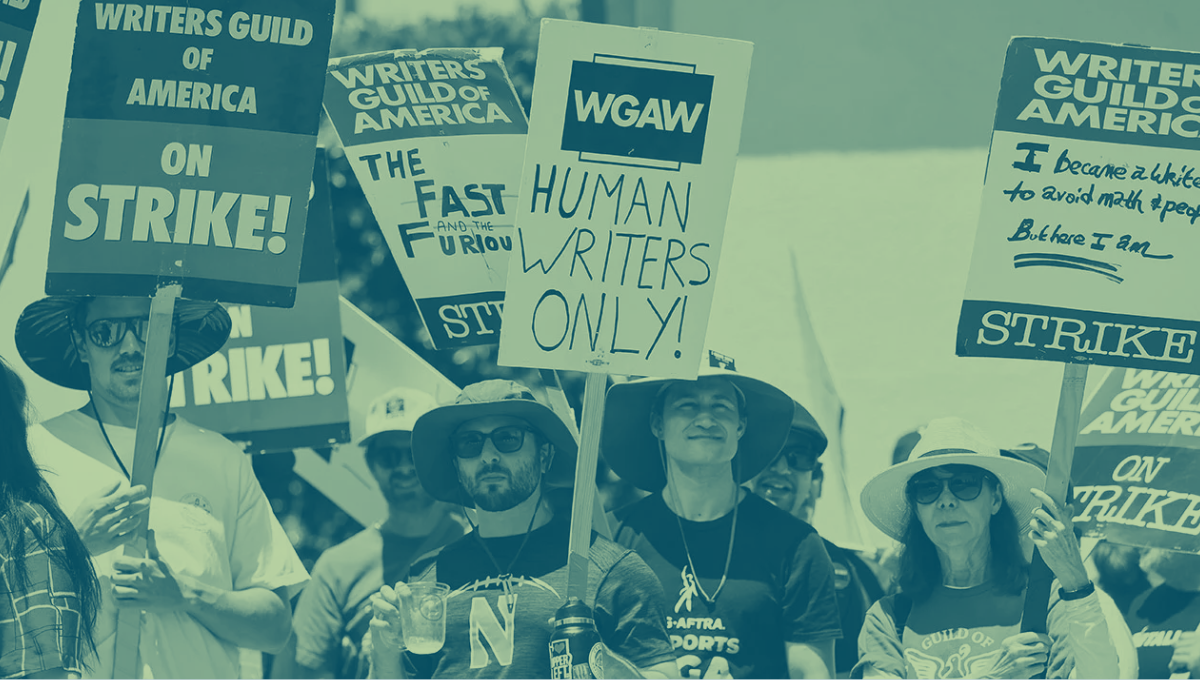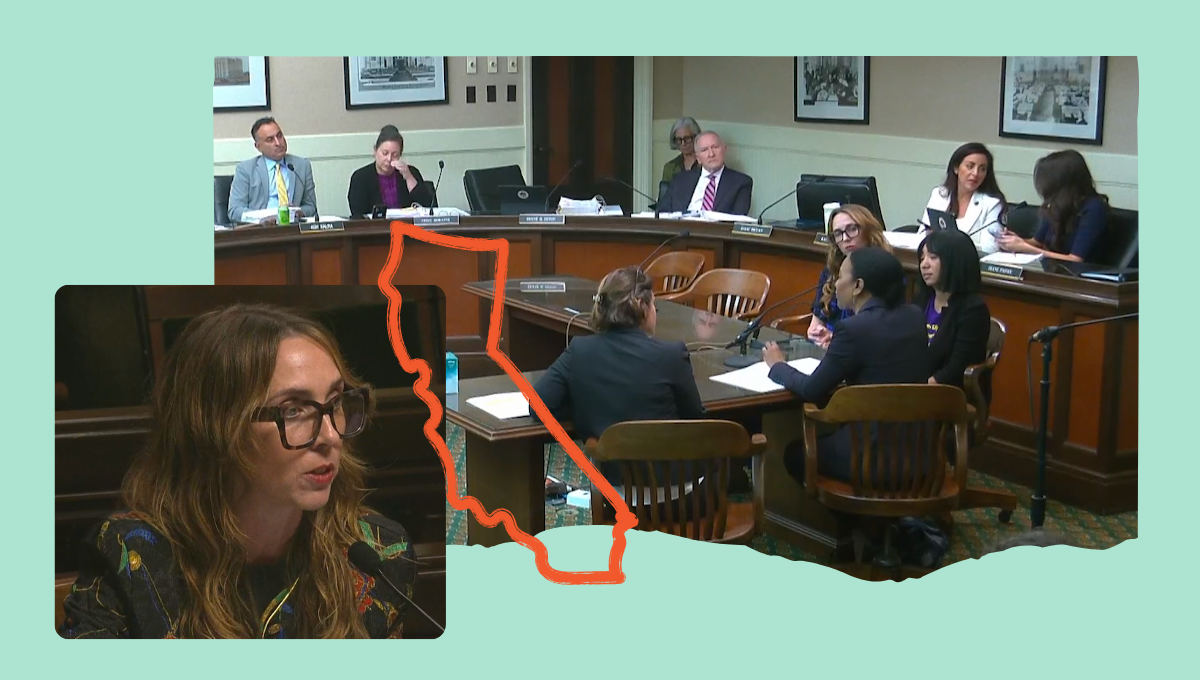Tech Responds to COVID-19

The coronavirus crisis continues to expose the existing cracks in our system. Low-wage workers and the housing insecure were already struggling amidst the affordability crisis in the Bay. The pandemic only increases instability and uncertainty. Unequal access to our healthcare system puts people in a position to make trade-offs around health and safety. Local governments across the country are scrambling to find solutions for our broken systems and ensure the safety of their communities.
In this uncertain time, people across the country are looking to our institutions for information and leadership. In a recent webinar hosted by Axios, Richard Edelman, CEO of Edelman Global, discussed the role of companies during the crisis. Edelman encouraged companies to speak up and share what they are doing to help solve the crisis. The public needs to see how companies are responding in order to build trust.
As a hub of innovation, wealth, and talent, the tech sector is positioned to support solutions and build public trust. In a recent blog post, we shared that tech established itself as an early leader in responding to COVID-19. We think there’s an opportunity to build on that momentum to cement tech as a leading force for positive change as we emerge from COVID-19.
We are collecting data from our network on how tech companies, big and small, are responding to support those in need. The swift and immediate response from the tech sector is exciting. Moving forward, we’re galvanizing our community to support the long-term initiatives we will need to recover from the crisis.
The following is a list of the information we’ve gathered on tech’s response to COVID-19.
Large Corporations Lead in Responsible Contracting
Leaders in tech across the Bay quickly stepped up, sharing announcements that they would continue to pay contingent workers while offices closed. To help ensure stability in our communities, we urged companies in our network to follow suit. Newsweek shared a more extensive list of companies continuing to pay hourly workers.
- Microsoft: Microsoft was the first large tech company to announce they would continue paying contingent workers.
- Facebook: Facebook shared they would continue paying contingent workers impacted by office closures. You can find additional information on how Facebook has responded to the crisis here.
- Salesforce: In a blog post, Marc Benioff shared efforts to support COVID-19 relief, including through Salesforce technology and their commitment to paying hourly service providers. Salesforce has also committed $1.5M to the Give2SF Fund, $1M to the UCSF COVID-19 Response fund, and $500K to CDC Foundation’s Emergency Response Fund.
- Cisco: CEO Chuck Robbins tweeted that the San Jose based company would continue paying hourly workers. A blog from Robbins also outlined a $225M commitment to COVID-19 response efforts.
- Intuit: Intuit shared via a blog post that they will continue to pay hourly onsite service partners.
- Apple: By the end of March, Apple followed suit and committed to paying hourly workers.
- Google & Twitter: Both companies confirmed with Axios that they would continue paying hourly workers.
Tech Companies Across the Bay Rally in Response Efforts
There are a variety of factors that companies must consider in their crisis response. Company scale, cost structure, and the duration of current events certainly play a role in a company’s ability to pay contingent workers. While not all tech companies may be in a position to continue to pay hourly workers, many of them are giving back in other ways.
- Postmates: Launched a Small Business Relief Pilot and measures to support their couriers. The pilot includes marketing support from Postmates to drive users to the platform, reduced commission rates for business to facilitate carryout options (Postmates Pickup), and reduced customer delivery fees to drive demand. Through their FoodFight program, Postmates enables merchants to donate leftover meals and food to local food banks. Finally, they’ve rolled out a resource available for nonprofits to onboard and deliver any supplies or food items using their fleet.
- GitHub: Via a blog post, GitHub committed to continuing to pay hourly workers.
- Square: Square released its Resource Hub in English and in Spanish. The Resource Hub includes information on how to: limit in-person contact, sell and accept orders online, promote digital gift cards, and communicate with customers. Square has also been hosting webinars to share resources with the small business community. Keep an eye on their Eventbrite page for updates. Square’s CEO, Jack Dorsey, has also notably committed $1b to COVID-19 response.
- Pinterest: Pinterest CEO Ben Silberman is teaming up with scientists across the US to launch the How We Feel app. The goal of the app is to allow people to self-report on personal information and symptoms. The data will be shared with those working to combat and cure the virus.
- Optimizely: The SF based company is continuing to pay service workers, including catering, porters, and security. They’re also raising money for local food banks and offering their software free for 6 months to nonprofits who haven’t used Optimizely before to better engage their supporters online and raise more money online.
- Spin: The e-scooter company outlined how they would be supporting hourly workers in a recent blog post. Support includes additional paid wellness leave, two weeks of sick pay for those infected, and a promise to continue paying warehouse workers should they need to close. Spin also launched an Everyday Heroes campaign which provides free 30 minute rides for healthcare professionals. Eligibility is open to anyone working in healthcare, including but not limited to doctors, nurses, medical assistants, radiology and lab technicians, hospital and clinic administrators, and janitorial staff.
- Lyft: Lyft has outlined how they are supporting drivers, riders, and the community on its website. Support for drivers includes a fund for those diagnosed with COVID-19 or who are under quarantine and finding new ways for drivers to earn money by partnering with local government agencies and companies like Amazon. Lyft’s co-founders are also committing 100% of their salaries through the end of June to support the Lyft community.
- DoorDash: Doordash is taking a similar approach as Lyft and Spin, providing funds for those infected by the virus. Eligibility for support is outlined on its website.
- Dropbox & Airbnb: Both companies followed in the footsteps of the larger tech companies, committing to paying hourly workers. Dropbox shared updates via their blog and Airbnb was featured in an article from Business Insider.
- SurveyMonkey: The San Mateo based company shared support for their customers and employees on their website. SurveyMonkey committed to paying service workers that help maintain their offices and prepare food.
- Okta: Okta has committed $500,000 in unrestricted, rapid-response grants and matching funds and is donating their products to support nonprofits shifting to working from home.





